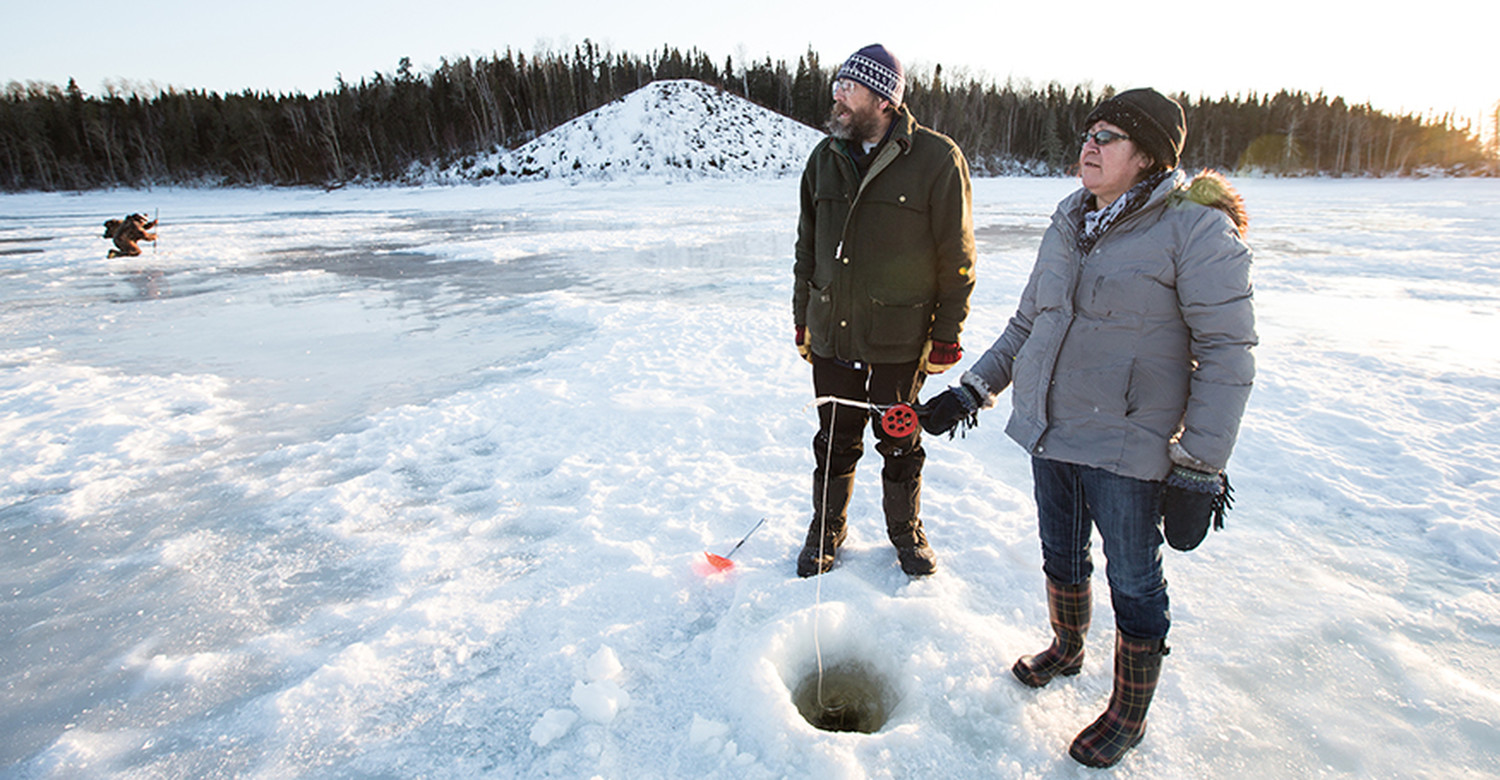It’s a song that still haunts me every time I hear it. In “Stolen Land,” Canadian singer-songwriter Bruce Cockburn calls out the colonial powers for their treatment of indigenous people.
Among other things, the song alludes to one of the saddest chapters in “our” country’s mistreatment of First Nations people: residential schools. Kidnap all the children, put ‘em in a foreign system / Bring them up in no-man’s land where no one really wants them / It’s a stolen land. . . .
It’s easy for us to view the sad treatment of First Nations people in Canada, including residential schools, as acts of a past history committed by previous generations. But Cockburn asserts we all still have a part to play today: So now we’ve all discovered the world wasn’t only made for whites / What step you gonna take to try and set things right / In this stolen land.
On our national stage, the federal government launched the Truth and Reconciliation Commission (TRC) to investigate the impact of residential schools that operated from 1883 to the late 1990s. What became clear in hearings across the country was that the government’s policy encouraged “cultural genocide.” Using Canada’s largely mainline churches to run these schools, the government aimed to essentially transform young “Indian” students into whites.
If you have read the TRC’s reports or have seen the news coverage about them, you know that the residential school system was a failed experiment that went very, very badly. Riddled with cases of abuse, residential schools ripped apart the social fabric of many indigenous communities.
Key to the identity-purging aims of residential schools was an effort to eliminate pupils’ use of their native languages. Responding to this, the TRC has called for action to promote mother-tongue languages among First Nations people.
We at Wycliffe Bible Translators couldn’t agree more with the TRC. Our organization has always upheld the importance of the heart language—the mother tongue—to a people’s identity. This includes Aboriginal languages spoken right here from coast to coast.
Through donations from Canadian believers, Wycliffe Canada is helping to sponsor an effort called the Cree Initiative, featured in this issue of Word Alive. This language cluster project is training and assisting First Nations people, from Alberta to Ontario, to revitalize their languages and translate the Scriptures for use in their churches and communities. These local believers are eager to see God speak His Word into the hearts of their people.
No doubt it will take more than language revitalization, including Bible translation, for First Nations people to completely recover from past mistreatment. But these efforts can play an important role.
So, to quote Cockburn again:“What step you gonna take to try and set things right / In this stolen land”? For starters, you can read the stories that follow. God may be calling you to become a partner with the Cree Initiative.
•••••
Editor's Note: This issue of Word Alive is dedicated to Al Neufeld, who passed away suddenly just a few weeks before this magazine was published. For 16 years Al was an account representative for Word Alive at two printing companies, most recently McCallum Printing Group Inc. in Edmonton. Each issue, he faithfully shepherded our periodical through the production process. Al always went the extra mile to ensure that our print edition of Word Alive had a high-quality look as it presented the Bible translation task to people like you. Wycliffe Canada considered him a dedicated partner in our ministry through Word Alive and other types of involvement. Our prayers go out for Al's family and colleagues at McCallum during their time of loss.
